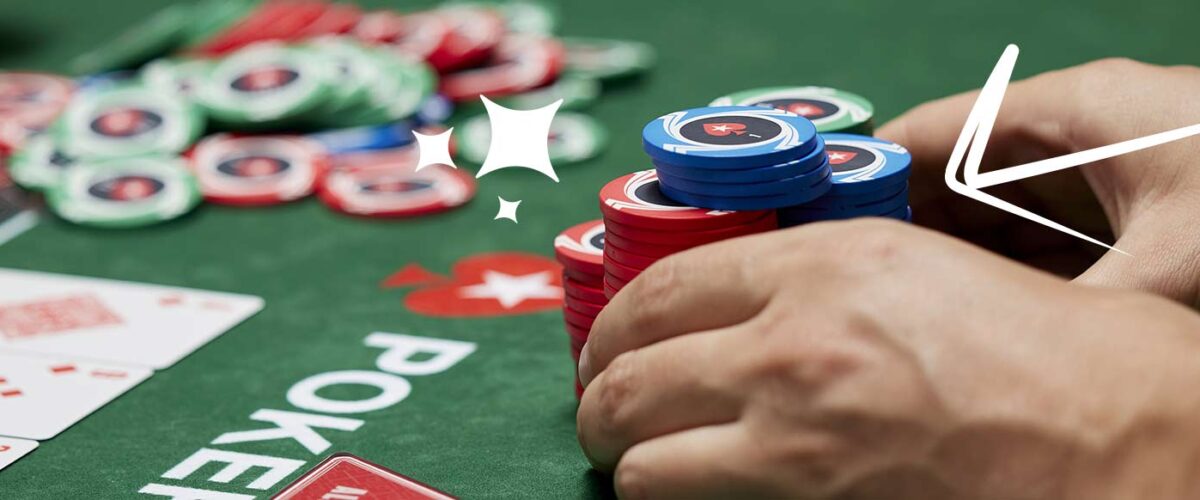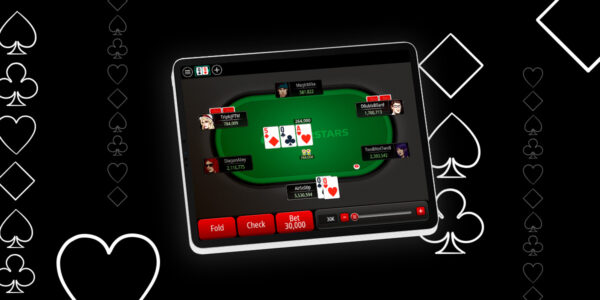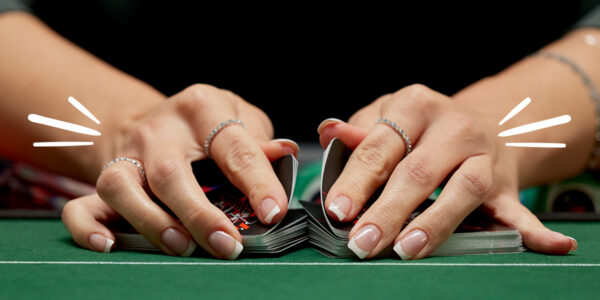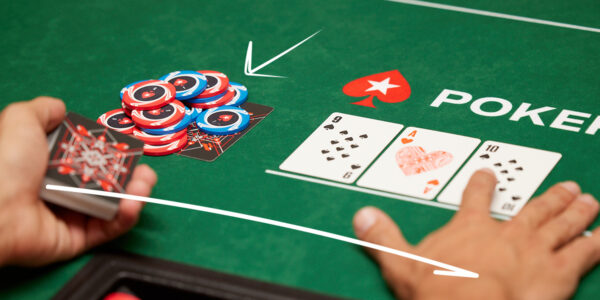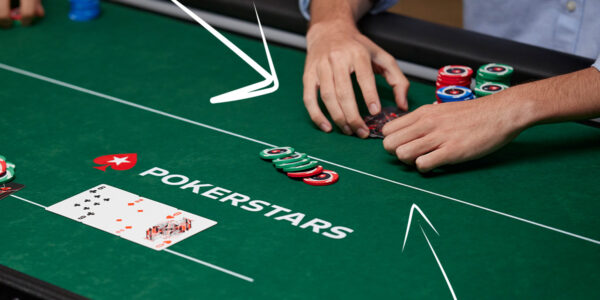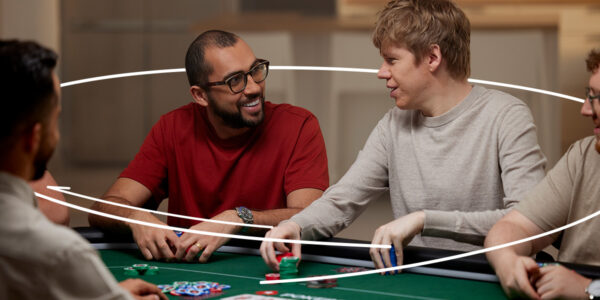4 Mistakes to Avoid in Multiway Pots
Multiway pots are among the most complex and understudied scenarios in poker, and it’s not difficult to figure out why. More players in the pot means more hands, more ranges, and more actions to consider.
Because of this, the way we should play in multiway pots is very different to more common heads-up situations.
Here are four mistakes to avoid when playing multiway pots.
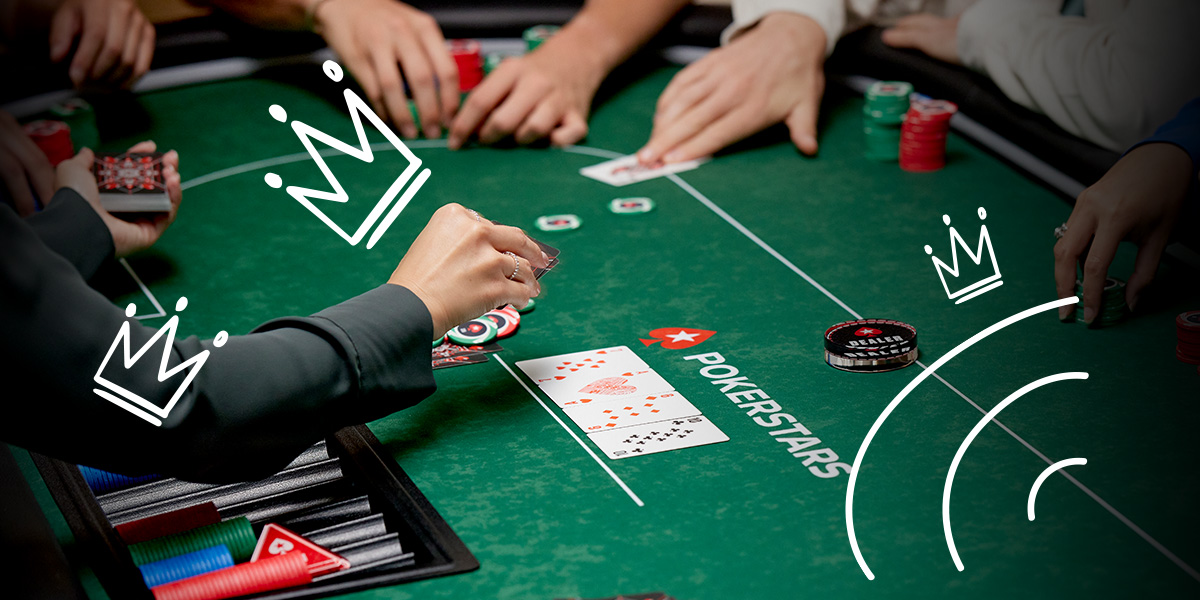
Playing too many hands
When an opponent has opened and more than one other player has called, it’s often tempting to join them and call along – even with hands you’d never usually play – hoping to get in for cheap and hit a big hand on the flop.
But when you call and increase the pot, you’re making it more attractive for the players behind you to put in a squeeze bet, forcing you and others with weak hands to fold. There’s nothing wrong with calling with hands that have lots of potential, such as suited connectors, but if you do it too often, you’ll find your stack starts to diminish as you continue to fold when facing a squeeze.
Also, by limping along or calling and going multiway with weak hands, you’re putting yourself at unnecessary risk.
Let’s say you call the raise with king-nine offsuit and go four-way to a king-high flop. Great! You’ve flopped top pair! But how comfortable can you really be with your hand when facing aggressive action? You’ve got a weak kicker, after all, and could easily be up against a stronger king.
Moreover, by just limping or calling into a multiway pot, you’ve essentially admitted that you don’t have a particularly strong hand. You’d almost certainly raise with big pairs and strong aces, so your range is capped. Savvy opponents will pick up on this and can punish you by representing lots of strength.
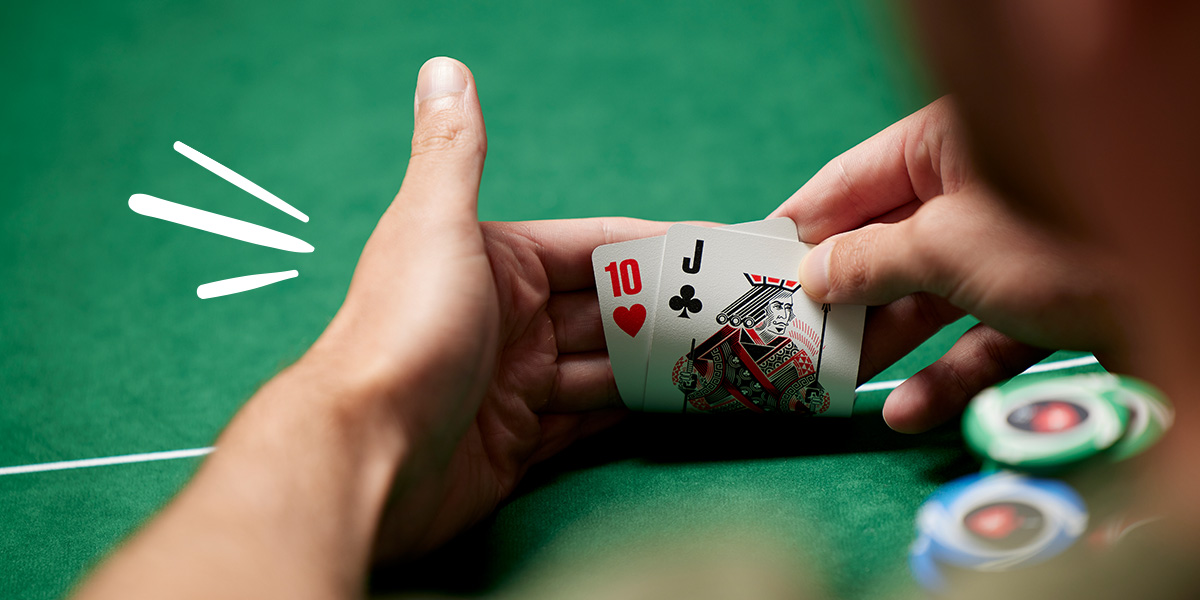
Not adjusting your betting patterns
What are your standard continuation bet sizes in heads-up pots?
Before we get to our next point, see if you have an answer to that question. If not, that’s probably something you should begin to consider from this point onwards. On PokerStars, you can set up pre-set flop bet sizes by going to Settings > Gameplay > Bet Slider. For example, you might want to use 25% pot, 50% pot, 75% pot, and 125% pot.
Anyway, back to our point. Whatever your standard continuation bet sizes are for heads-up pots, you need to adjust them when playing multiway. This usually means betting smaller.
Playing multiway makes your hand more vulnerable and lowers your overall equity, therefore we need to bluff more efficiently when trying to take down the pot with a c-bet. A smaller-than-usual c-bet will often achieve the same desired result (forcing folds) as a regular-sized bet, but you get it done by risking less.
But let’s say you’ve smashed the flop and want to continue betting for value. In multiway pots, you should probably consider betting larger than you would heads-up as you have more ways to get value and more equity to deny spread out across multiple players.
Make sure to mix these bet sizes among your bluffs and value, though, so you don’t become easy to play against.

Bluffing too much!
As you’ll have fewer strong hands for value multiway compared with heads-up, this means you’ll also need to tighten your bluffing range in multiway pots.
There’s a greater chance that one or more of your opponents has a strong hand, therefore bluffing becomes less appealing than if you’re only up against one other hand.
So, what hands should you consider bluffing with? You want to use hands that have high equity, such as flush draws and open-ended straight draws. The goal is to deny equity and get your opponents to fold stronger hands, such as the middle pair. But should you get called, your hand can always improve to a strong hand on the turn or river.
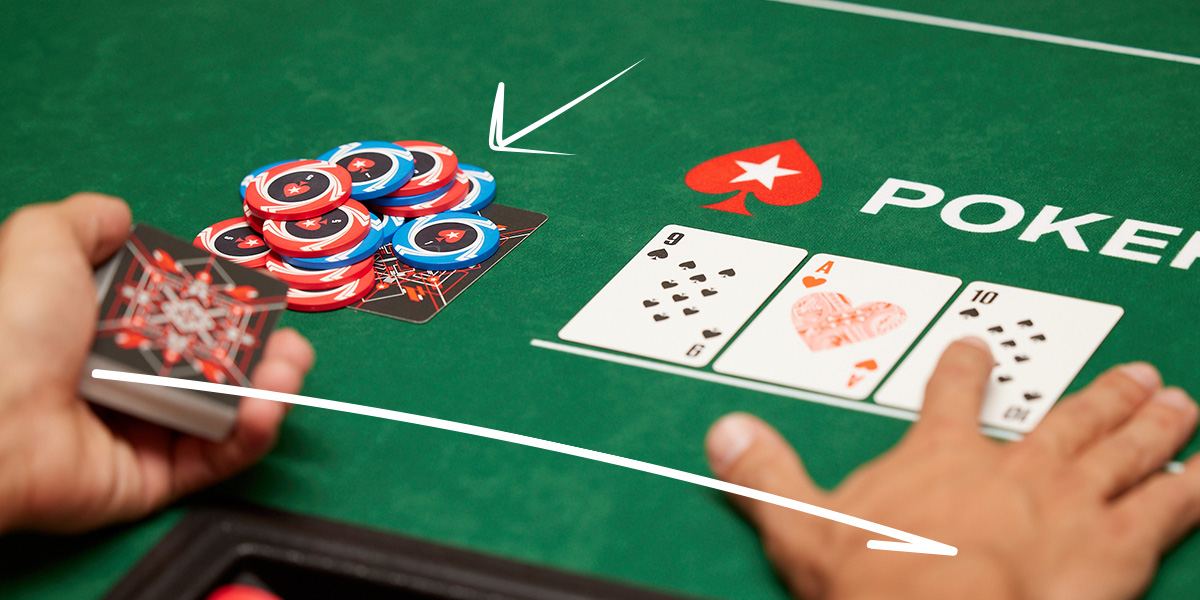
Playing too loose when facing bets
Just as you should bluff less often in multiway pots, you should also proceed tighter when facing bets. A bet into multiple opponents represents strength, and as your opponents – like you – are discouraged from bluffing, you should proceed with caution.
This is especially true when there are players still left to act behind you. The likelihood that a player in position will have a strong hand increases the more players are in the pot.
If your hand has good equity or the bettor has a history of playing too aggressively or over-bluffing, then feel free to stick around. But what you don’t want is to call a flop bet and go multiway to a turn, on which you’ll almost certainly have to fold when facing further aggression.
Preserve your chips and wait for a better spot.
Condimentum Nibh
Donec sed odio dui. Cras mattis consectetur purus sit amet fermentum. Vestibulum id ligula porta felis euismod semper. Curabitur blandit tempus porttitor.

